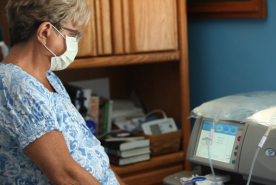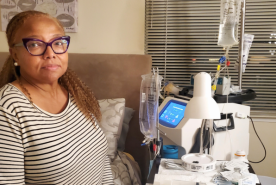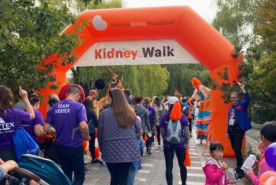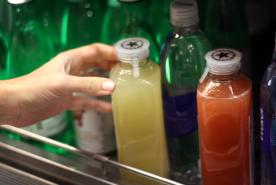June 09, 2017
Whether you’re totally off the grid or just past the last stop on the bus line, living in an out-of-the-way place can present extra challenges if you have kidney disease. Travel to dialysis, getting quick prescriptions and supplies, or just meeting others for support, are some tasks that need extra planning, tasks that most urbanites take for granted.
Plan Ahead So You Can Put Stress Behind You.
Who’s got your back if your ride doesn’t show up? Transportation is THE issue for rural people, whether it’s getting to the dialysis center, pharmacy, or to your regular check-ups. Instead of waiting until you’re stuck without a ride, start contacting friends, family, neighbors, your church, and build a list of alternates. Your social worker may know about transportation options. Get a phone charger in case of power outages.
Build a Support System.
Going it alone with a chronic illness isn’t a good idea. Connect to those around you. Social support is key to psychological—and physical—health. There may be somebody close by, in your neighborhood, at your church or temple, or even in your own dialysis center that could be a great source of support to you if they knew you needed it. Expand your reach with social media. Connect to NKF PEERs mentoring and support program. Short on funds? Some states even offer free phones. Support comes in many forms; join a non-kidney-related group or volunteer.
What You Don’t Know Can Help You.
Ask your social worker or do your own research about resources in your area that you may qualify for. Ask about visiting nurse services, telemedicine, and local outreach organizations. And NKF CARES Help Line can offer information and resources, too!
Procrastination Can Make a Small Problem Big.
Putting things off is a problem magnifier. And easy to do if you live in the country and solutions are inconvenient, such as a sore dialysis access or low supplies. Don’t wait; tell someone and keep the problem small.
People Come Up with New Tips All the Time.
Nephrology social worker Melissa Fry of Wisconsin has a great tip for rural patients with gardens: “Talk to your renal dietitian for the best foods to plant to keep your lab levels within normal limits. We frequently see lab levels that are too high when the tomatoes are ready for harvest.”
Having kidney disease is tough enough, even when you have all the support you need. The most important thing to remember is that there are other people like you “out there” dealing with the exact same issues—and finding ways to live well.









